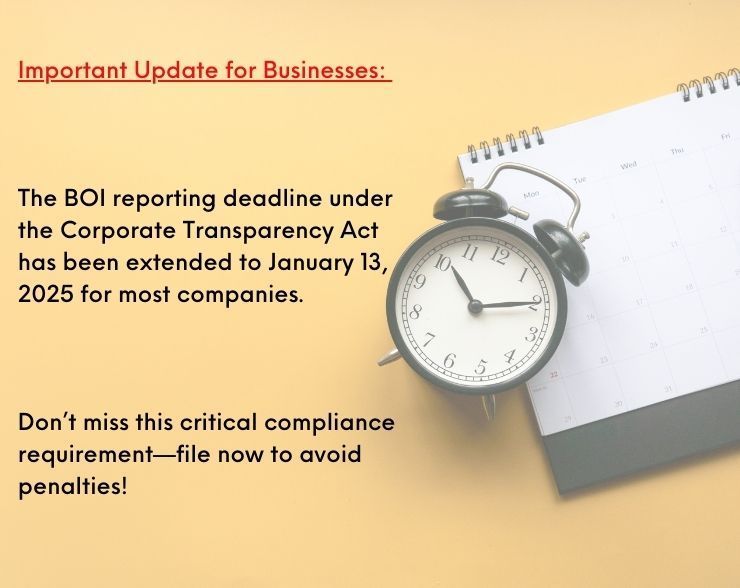The Importance of Commercial Exclusivity Clauses
How an exclusivity clause in your lease can help establish more security for your business.
What is Exclusivity?
Exclusivity, in the context of commercial leases, is a clause that grants the tenant exclusive rights to operate a specific type of business within the leased property. This often means that a landlord cannot leased to a direct competitor during the lease term, or it may require them to limit the square footage used for/gross sales of similar products if they do.
Benefits of Exclusivity
- Competitive Edge
Exclusivity ensures that you don't have to worry about a direct competitor opening shop right next door. This can help you capture and keep your target audience.
- Protecting Your Investment
You've put significant time and money into your business. Exclusivity safeguards your investment by preventing others from encroaching on your customer base and revenue streams.
- Peace of Mind
Reduced Competition Stress: Operating in a competitive market is stressful enough. Exclusivity gives you peace of mind, allowing you to focus on growth without constantly worrying about nearby competitors.
While all of that may sound one sided, those benefits work in the landlords favor as well. How? Tenants requesting exclusivity are more likely to pay a higher lease rate and sign for a longer lease terms. Tenants with exclusivity are often more successful and as a result, less likely to default, and more likely to renew. Finally, utilizing exclusivity clauses can ensure your retail center has a diverse mix of tenants that help drive increased traffic and revenue overall.
Elements of an Exclusivity Clause
An exclusivity clause should:
- Clearly define the nature of your business.
- Specify the geographic area where exclusivity applies. It could be the entire building, a specific floor, or a certain radius around your leased space.
- Define the length of the exclusivity clause. Most will run with the lease term, but may extend beyond it in some cases.
- Be clear and concise, leaving no room for ambiguity.
Restrictive Use Clauses for Added Protection
Restrictive use clauses are most commonly used to prohibit tenants from engaging in activities deemed undesirable and/or inappropriate by the landlord; but a restrictive clause can provide an additional layer of protection by prohibiting the landlord from leasing space nearby to a tenant with a similar business or product. If a nearby tenant has an exclusive use clause, your lease may contain a restrictive covenant.

Be Clear and Concise
To avoid
future disputes, both landlords and tenants must work together to clearly define exclusivity. Clauses that are vague or poorly defined can lead to disagreements and frustration. Both parties should seek legal counsel during the drafting and negotiation of these clauses to ensure that the final lease is a well-defined, mutually beneficial agreement with no room for interpretation.
Consider the Remedies
Your lease agreement should clearly specify the legal consequences if either party disregards these clauses. These consequences could include:
- Reduced Rent Payment: The possibility of lowering the rent for a specific period to address the violations. This time frame should be clearly defined.
- Shorter Lease Term: An option to shorten the lease duration as a response to the breach.
- Termination of the Agreement: The authority to terminate the lease agreement entirely.
Whatever you choose, it is crucial that a clear and specific method for calculating any damages or adjustments is included in the lease.
A well-written exclusive use agreement benefits both parties by giving the business owners a competitive advantage in the shopping center while also providing the landlord with the stability and flexibility needed to use the available spaces as efficiently and profitably as possible. When tenants are compatible with one another and exclusivity clauses are properly enforced, everyone benefits.









